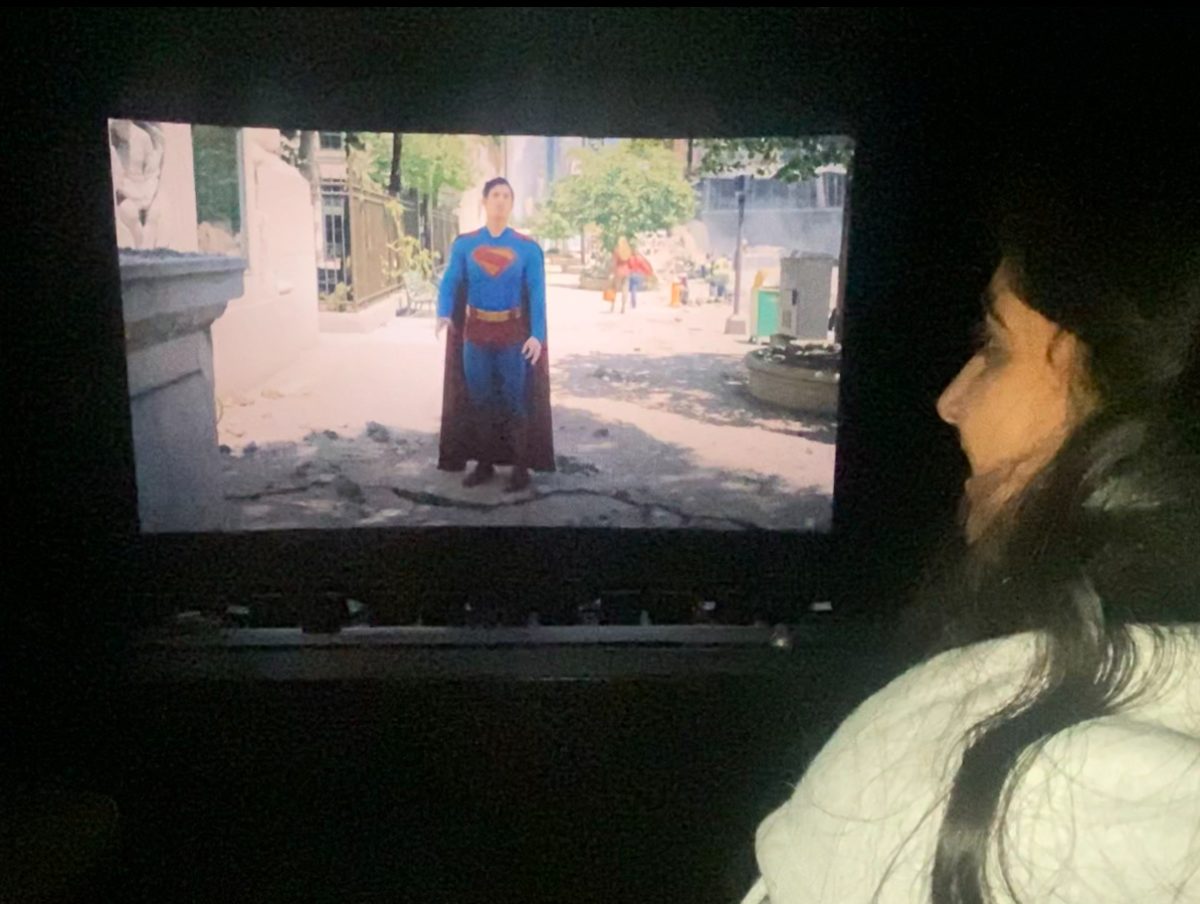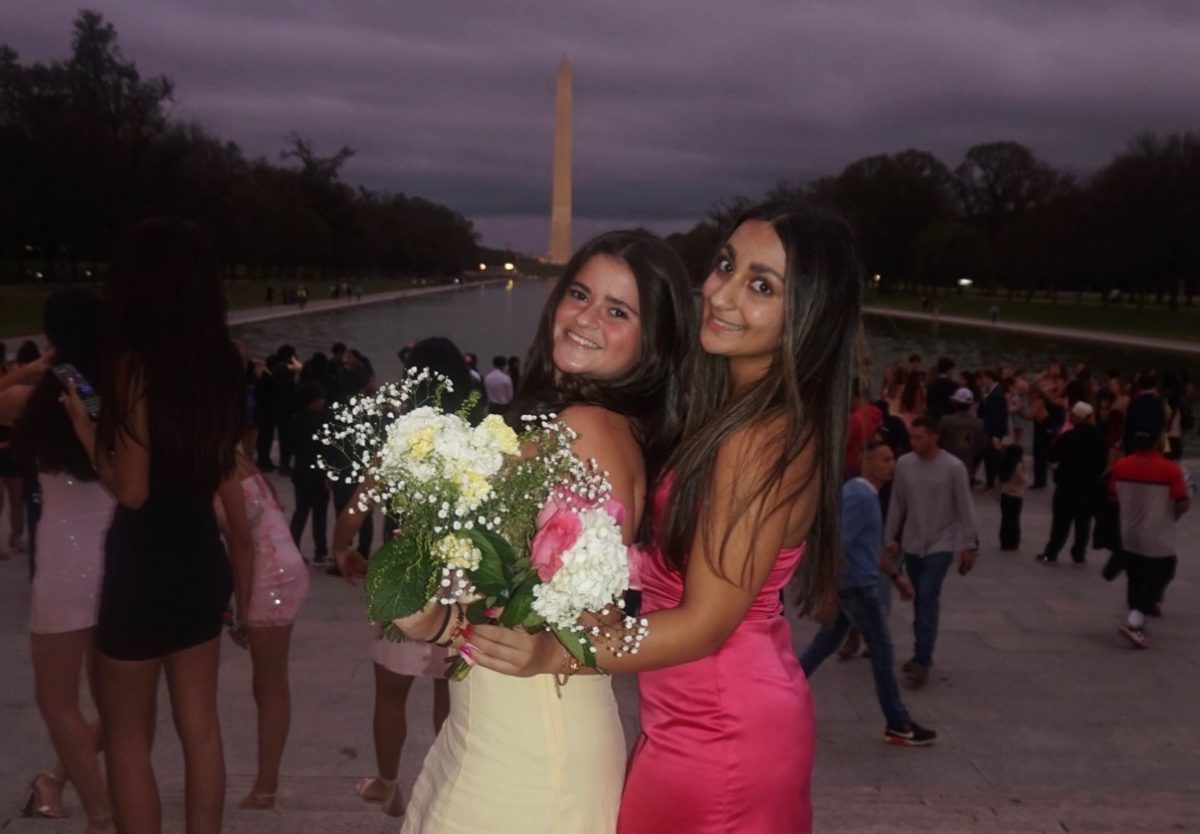The Goldfinch by Donna Tartt starts with a bang. By an unlucky coalescence of circumstances, 13-year old Theo Decker and his mother are at the Metropolitan Museum of Art at the wrong time, when a terrorist attack is perpetrated, blasting much of the building to rubble.
While Theo is in a haze of shock and ash (and we are in a haze of excessive descriptions of falling infrastructure), he comes across and tries to help an old man. The man, who Theo has to leave behind in trust of FDNY, insists that Theo take a painting that’s fallen a few feet off. It’s The Goldfinch, the (titular) painting his mother had come to the exhibit to see. Theo survives but his mother isn’t so lucky. The rest of the book follows Theo’s adventures across the country to face the father who had left him and his mother, and eventually to Amsterdam to continue to evade authorities, fall into drug addiction, and perhaps even find love.
The book was wildly popular after its publication in 2014. It spent over 30 weeks on The New York Times’ bestseller list, and won the Pulitzer Prize that year as well. Literary critics insisted that this acclaim was overblown, that The Goldfinch is simply a “children’s book” for adults, as published in the London Review of Books. But that doesn’t mean it’s unenjoyable. While time does drag on, Tartt’s attention to detail is refreshing.
Still, the simple characters and tired clichés are at times emotionally impactful, warranting watery eyes from me on more than one occasion. While this book may not be a literary masterpiece, it’s still a good read. While readers are faced with relatively flat characters and convenient plot devices, readers are still treated to an interesting story with commentary about the value of art.
The book is difficult to put down, but difficult to pick up as well, what with carrying its 784 pages practically accounting for a weight training class credit. To account for all that plot, it’s no surprise that the film runs nearly two and a half hours as well.
The Goldfinch was released as a movie adaptation on Sept. 13, and is still (hardly) in theaters now. The movie flopped at the box office, bringing in just $8 million in the first two weeks after release, a heavy hit for the studio that had invested about $45 million in production. While a coinciding release with Hustlers was probably not helpful, this is quite a disappointing finish for a film adaptation of such a recent Pulitzer winner with stars such as Ansel Elgort and Finn Wolfhard at the forefront.
Donna Tartt’s debut in 2002, The Secret History, is also an acclaimed novel, many would say better than The Goldfinch.
This column, beginning next issue, will run in two parts: a book review based on a piece being contemporarily adapted into film, and a follow-up review of the film mentioned in the prior issue.













